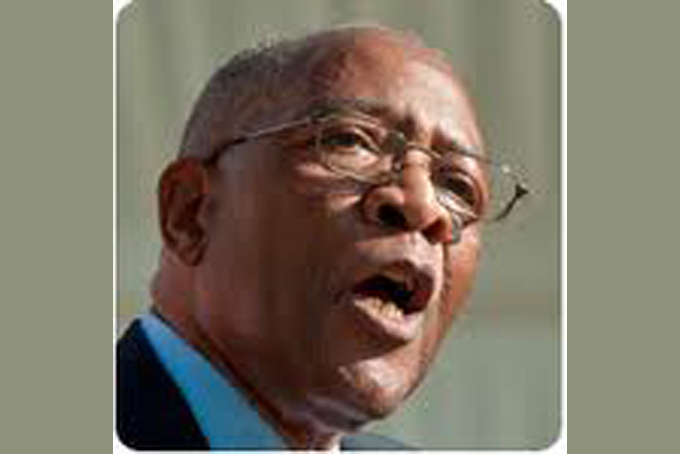
As we celebrate the 50th anniversary of the historic march from Selma to Montgomery, we must not forget that the fight for equal voting rights in the U.S. is far from over. While the release of the hit film “Selma” has brought much attention to this important anniversary, the occasion should not be viewed through a Hollywood lens. We have an opportunity to review our nation’s progress since Dr. Martin Luther King Jr. joined voting rights marches across the Edmund Pettus Bridge in 1965, ultimately forcing President Lyndon B. Johnson to sign the Voting Rights Act.Despite the sacrifice of those peaceful marchers who were brutally attacked by state troopers 50 years ago, African American voting rights continue to face resistance to this day. The Supreme Court struck down Section 4 of the 1965 Voting Rights Act, which included the coverage formula to determine which jurisdictions are subject to the pre clearance requirement of Section 5.
The effect of this voting is to substantially weaken the hand of the U.S. Department of Justice to require the voting formulas of states to be pre-cleared by the Justice Department. The justices argued that the section was no longer necessary since “things have changed dramatically” in the South. Have they?
Since the 2013 ruling, 31 states have introduced or passed more than 190 voter suppression laws. Burdensome voter ID laws have turned poor, older and minority voters away from the polls. Wisconsin was recently called the “Selma of the North” after passing its photo ID voter law.
Meanwhile, African Americans continue to meet with violent resistance over basic civil rights injustices across the nation: in New York City, Ferguson, Oakland-San Francisco and beyond. Their cries are dismissed by conservative radio and television personalities and many influential White evangelists who believe racism exists only in history books.
Truth is, history is still in the making.
In January, U.S. Representatives Mark Pocan and Keith Ellison proposed a constitutional amendment that would recognize voting as a fundamental right for all Americans. Most people don’t realize there is no explicit mention of a guaranteed right to vote in the Constitution. Only 11 of 119 democratic countries do not explicitly provide freedom to vote in their constitutions, according to the Advancement Project.
About 13,000 U.S. voting jurisdictions run elections independently, leaving the right to vote to state and local officials and allowing for gross manipulation by politicians. With a constitutional amendment, all Americans are guaranteed voting rights regardless of skin color, age or hardship, and without politically-motivated tampering.
On March 7, President Barack Obama, influential religious leaders and other dignitaries plan to cross the Edmund Pettus Bridge in remembrance of “Bloody Sunday,” when peaceful Selma marchers were beaten and imprisoned by Alabama troopers.
While our leaders of the day cross that bridge, they must not forget the sacrifices of those who foughtand died for this increasingly elusive right. They must remember that Selma was not the first or last battle for equal voting rights. They must not forget Rev. George W. Lee, president of the Belzoni, Miss. branch of the NAACP, who was murdered on May 7, 1955 in Mississippi, or Rev. William A. Bender, college minister at Tougaloo College, who in the same decade was met at the polls by a White sheriff with a pistol.
We have made much progress since then, but we need to acknowledge that our voting rights remain under assault. After paying respects, we must act. What Selma taught us is that when all of us coming together as a nation to peacefully demand equality, change becomes inevitable. The voices of our nation must rise up and call for a system that guarantees every last American the right to vote. Beyond ceremonial marches, voices of our nation must rise up and call for a system that guarantees every last American the right to vote. Only then can we say that the many sacrifices of the Selma marchers were not in vain and substance has been added to ceremony.
Rev. Amos C. Brown, a former student and colleague of Dr. Martin Luther King, Jr., is president, NAACP San Francisco Branch and a member of the NAACP national board.